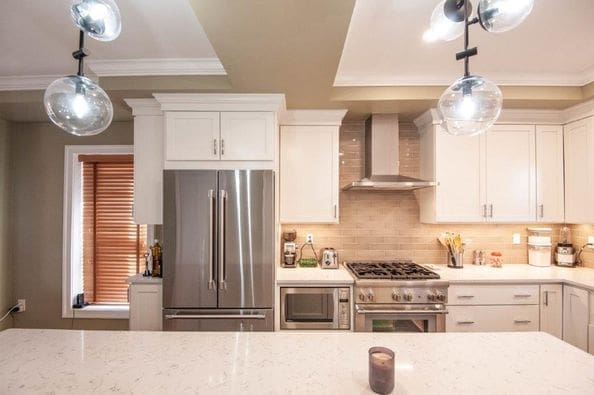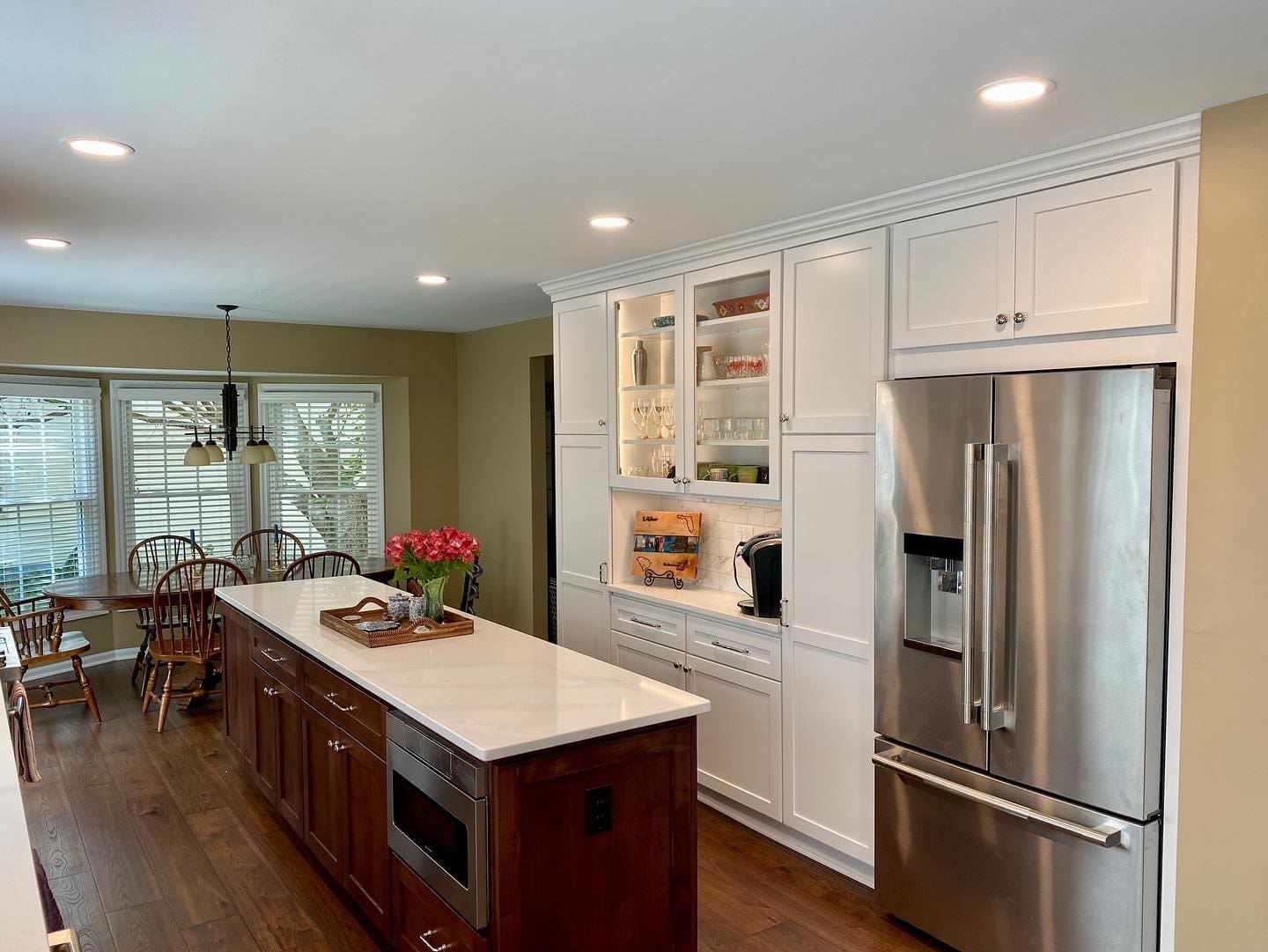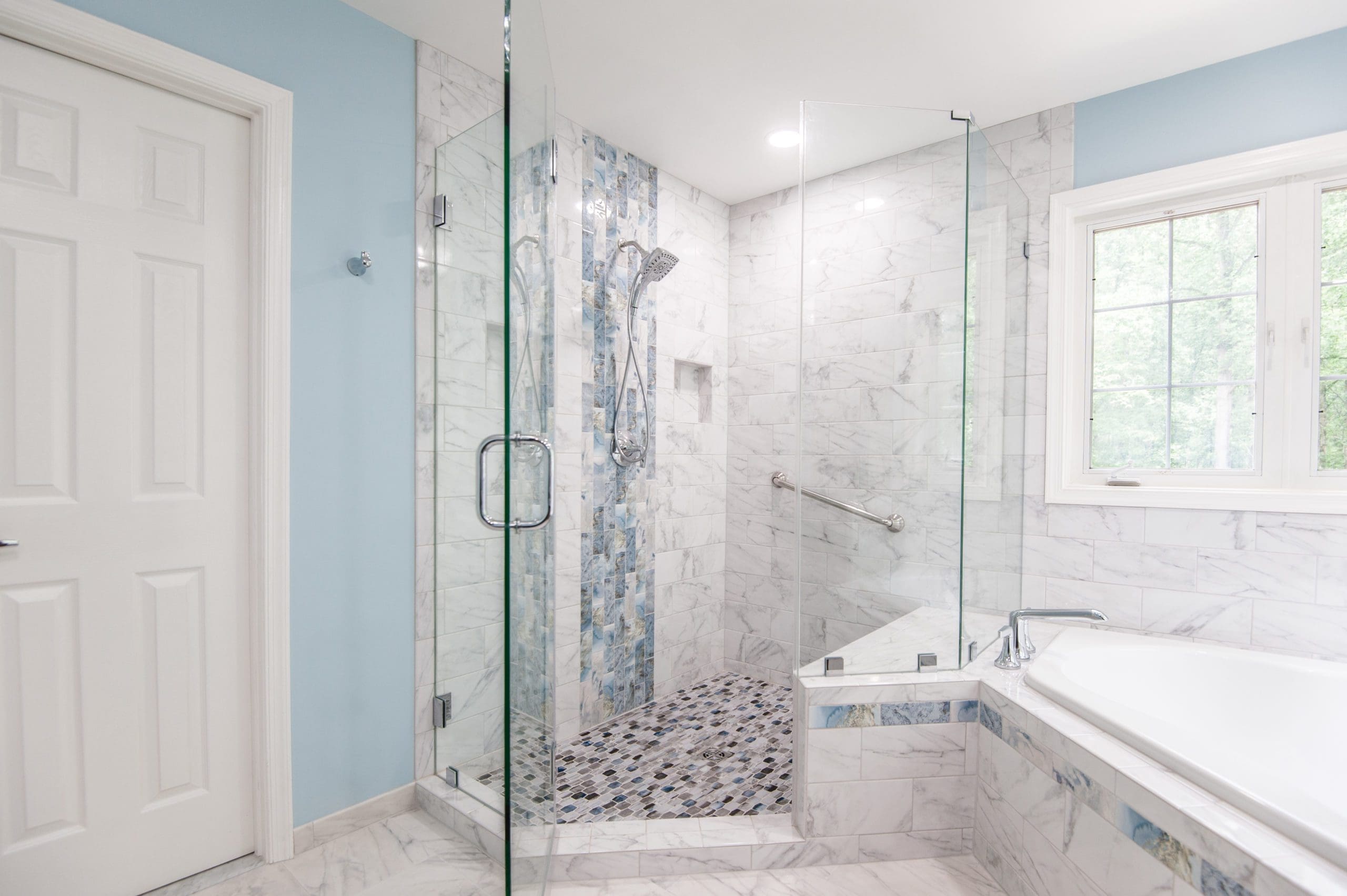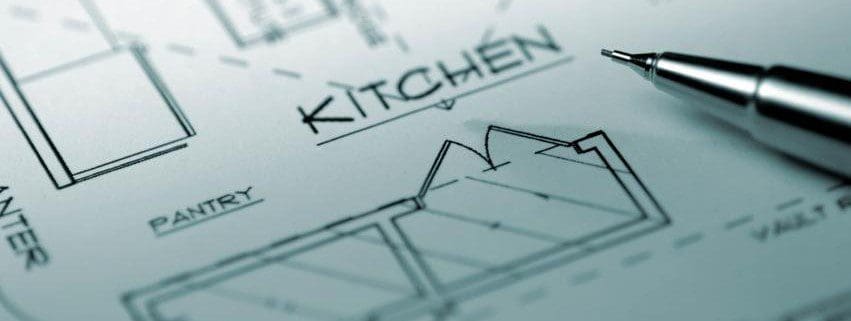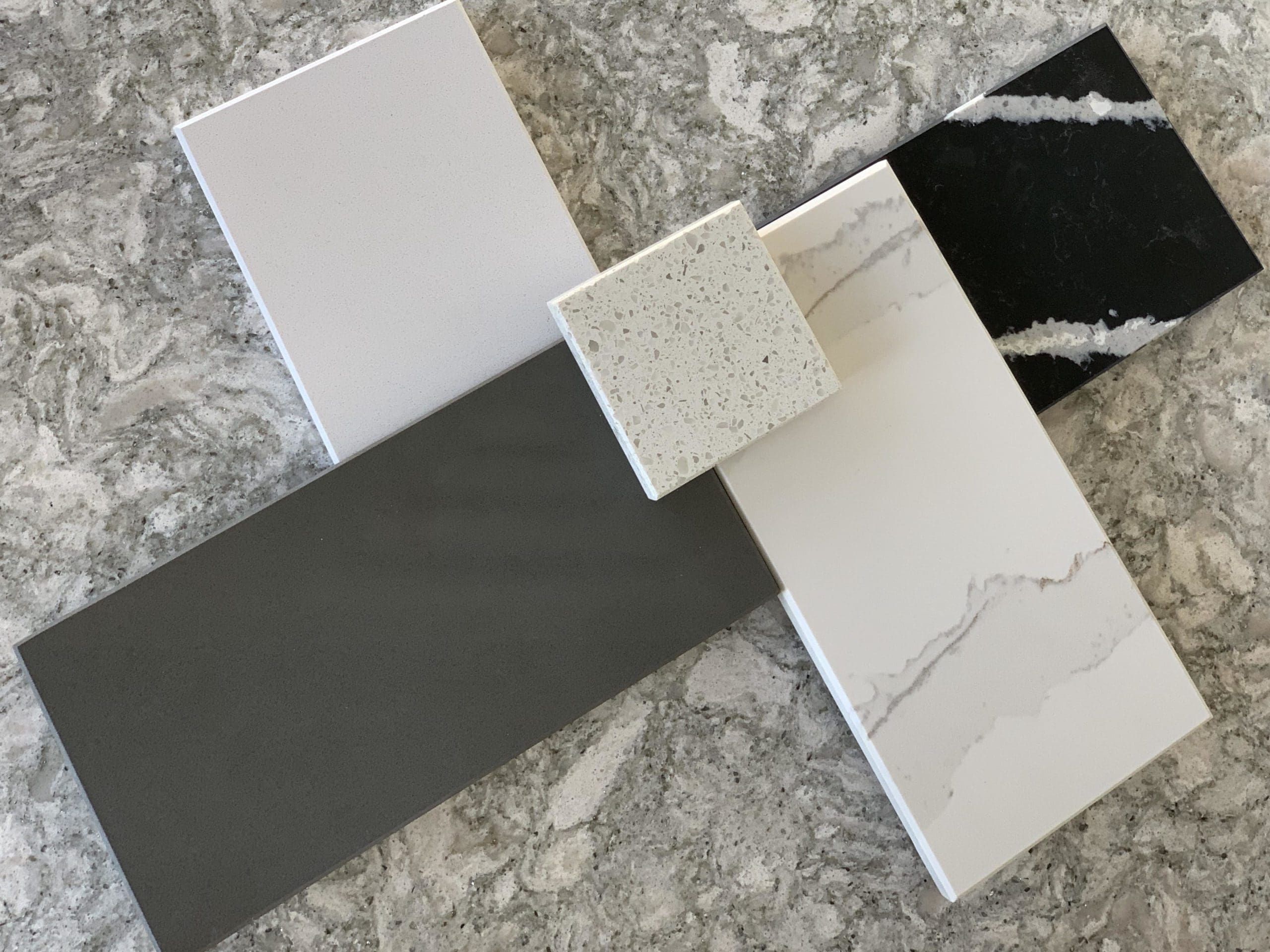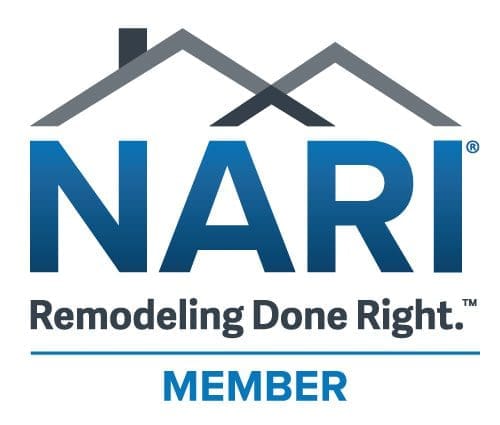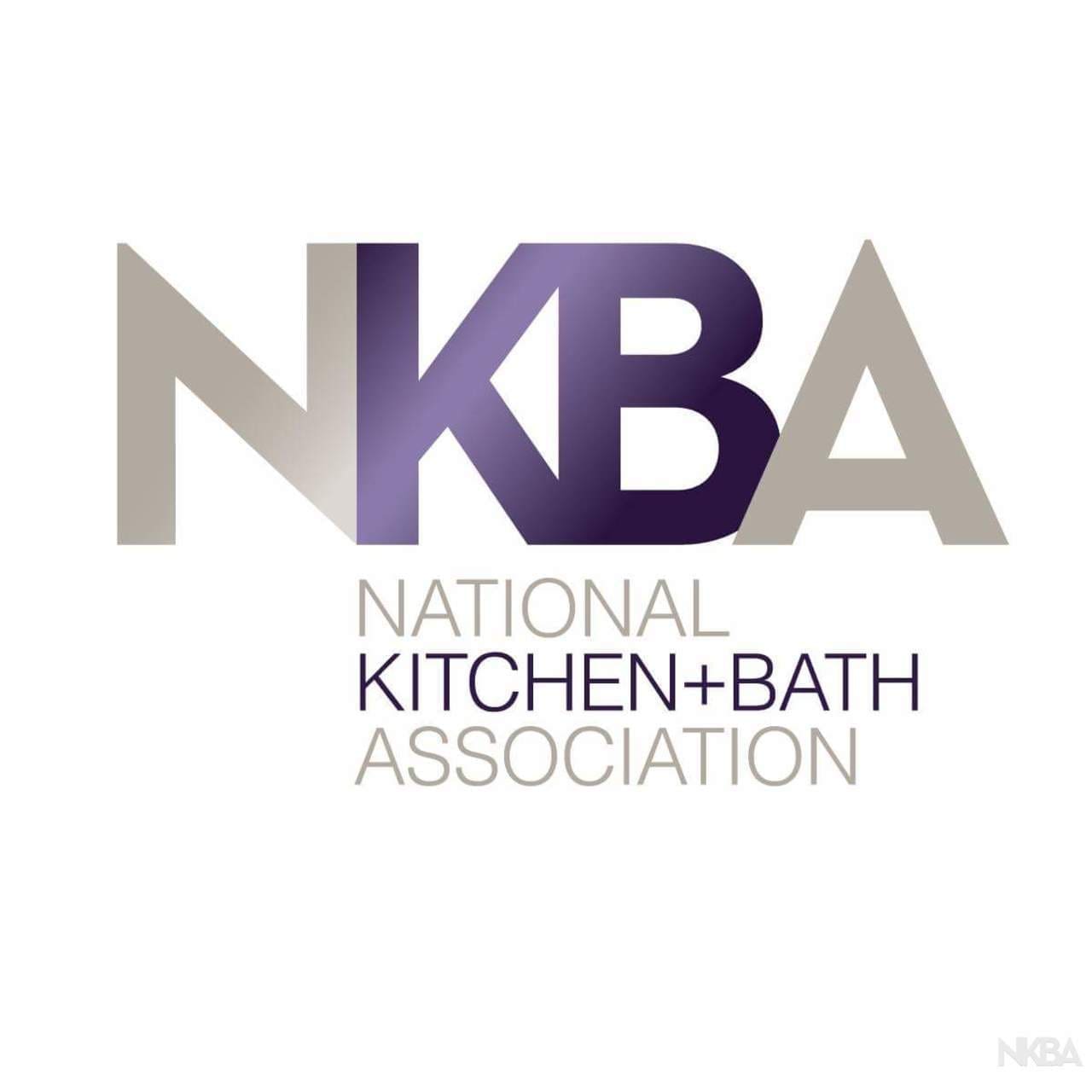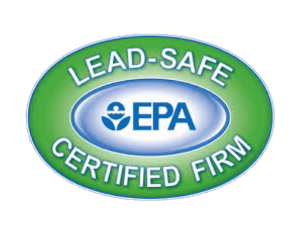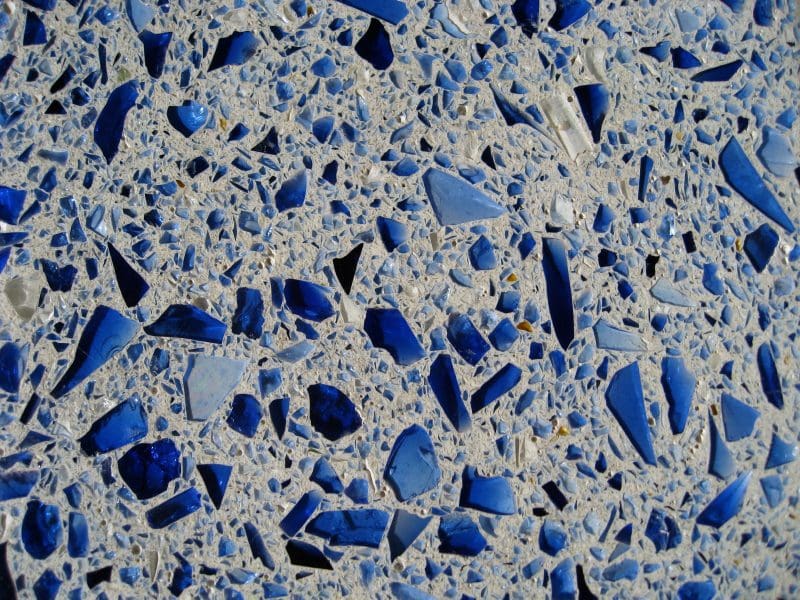 Anyone who dares to think of concrete countertops as a gray extension of a sidewalk or house foundation visual needs to take a good, hard look at this material with an open, practical and artistic mind! The growing popularity of this material in the design and architectural community is one that is extremely well-deserved. No other countertop material can match, or even come remotely close to, the flexibility of design features while marrying uncompromised performance and serviceability benefits. Like stone surfaces, concrete countertops withstand the most challenging of kitchen demands while tending to the requirements of aesthetic and decorating appeal. The design limitations of this type of countertop material have not been discovered yet; and are truly at the forefront of countertop materials that lend themselves to absolute customization and personalization for the homeowner.
Anyone who dares to think of concrete countertops as a gray extension of a sidewalk or house foundation visual needs to take a good, hard look at this material with an open, practical and artistic mind! The growing popularity of this material in the design and architectural community is one that is extremely well-deserved. No other countertop material can match, or even come remotely close to, the flexibility of design features while marrying uncompromised performance and serviceability benefits. Like stone surfaces, concrete countertops withstand the most challenging of kitchen demands while tending to the requirements of aesthetic and decorating appeal. The design limitations of this type of countertop material have not been discovered yet; and are truly at the forefront of countertop materials that lend themselves to absolute customization and personalization for the homeowner.
The layered process of unsurpassed design opportunities
Concrete countertops are primarily the offshoot application of the process, technology and fabrication that is more commonly seen and used in terrazzo. Like its kin, terrazzo, concrete countertops utilize the inherent strength and stability of a cementitious binding agent as a base from which to create the unique look and performance of the countertop material. Unlike terrazzo, concrete countertops utilize what’s referred to as ‘lightweight’ concrete mix, which uses gypsum as opposed to sand. This ‘lightweight’ feature enables the concrete to be more workable. while compromising very little on the durability side, as well as requiring less structural demand for support of the finished slab’s weight.
Concrete countertops may arrive in pre-formed slab material that were manufactured in a shop under controlled production conditions or may be fabricated on-site in the home. Pre-fabricated concrete slabs are generally limited to size (20 sq. ft.) because the transportation and installation of these slabs prohibit any greater mass or weight. This type of installation will likely involve seams in the kitchen counter, and these will be as visible (or invisible) as those typically found in granite or stone countertop installations. On-site installations allow for a contiguous, seam-free installation but demand a fair amount of time, patience and environmental stability–unique challenges that face the installer, builder and homeowner.
Whether fabricated on-site or in the shop, concrete countertops are completely customized to suit the needs of the consumer. This concrete can be stained or colored to resemble any natural stone (or virtually any color for that matter). The concrete may be embedded with colorful stone aggregate, sea glass, marbles, metal shavings, coins–you name it–and once coated with translucent sealers, finishes or epoxies these ‘artifacts’ become a permanent, visible, novel feature within the countertop. Functional items are also often imbedded into concrete countertops such as hot plates or cutting surfaces.
The countertop may be addressed with distinctive, one-of-a-kind scrolling or marquetry, providing exceptional style detail within the surface of the countertop. Decorative edges and backsplashes are actually molded and formed within the slab and are not an ‘attached’ feature. On-site fabrications may include the creation of a customized sink of the identical concrete material, rendering a continuous visual that is seamless and flawless. The corners of the base cabinets and island may be fitted with ornate pre-cast concrete pedestals, rendering a visual of antiquity of European flair.
Things to consider with concrete countertops
Concrete countertops are not an ‘off-the-shelf’ option, nor do they intend to be. This material lends itself to uniqueness and customization and that is its market in higher-end applications. Those who tend to shop for concrete countertops are more apt to be concerned with the aesthetic outcome and ‘wow’ factor than as to whether, or not, it meets their budget criteria. In short, this custom approach to a countertop is, characteristically, one of the more expensive options in countertop materials; and, depending upon the breadth of customization, it will often be the most expensive.
Concrete is an extremely porous material, and it will readily accept any and all contaminants, which can permanently discolor it if not protected. Concrete countertops will be finished with sealers that are appropriate to the application and will deter any damage from costly spills. As part of the product’s maintenance regimen, it will be important to maintain the impermeable surface of the finished counter by applying sealers, finishes as required–at least on an annual basis. However, the sealers are not resistant to sharp objects or the heat of pan recently removed from the stove. Also bear in mind that concrete expands and contracts with changes in environmental humidity–as will wood, but at different rates. Therefore, the foundation of the concrete counter (base cabinets) must be extremely sound and rigid as excessive movement can crack the concrete slab. Small fissures and changes in patina are a natural part of the aging process for most concrete countertops and should be expected.

